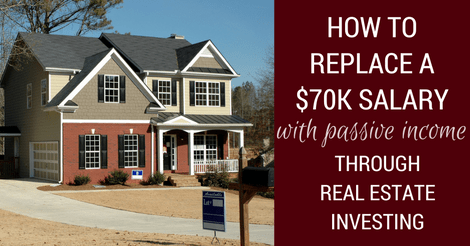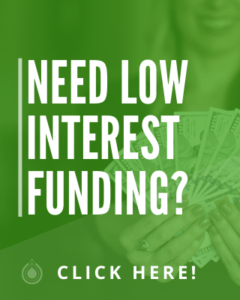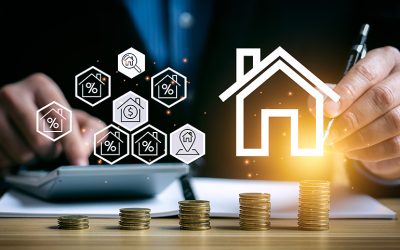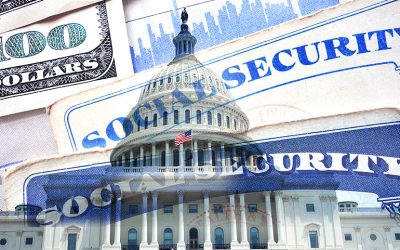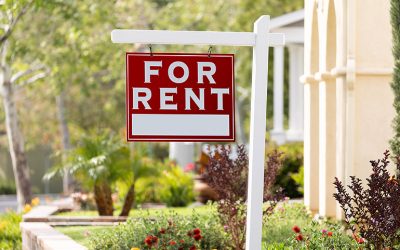
If you asked most Americans how they felt about debt, you probably wouldn’t hear a lot of favorable opinions. From mortgage payments to student loans, debt is a very real and incessant struggle for individuals across all generations. In fact, data from online banking company, Chime, reports that as much as 65 percent of the country is currently faced with debt in some form or another. For that reason, the idea of taking on more of it to invest in real estate can be unfathomable for many. However, what sounds like a fiscally poor decision can actually put you on a quicker path toward financial prosperity. It mostly boils down to what type of debt you have and how you go about paying it.
“Bad” Debt
“Bad” debt is the type of debt that most people are familiar with. This is typically the type of debt you incur when you pay with a credit card or when you take out a loan to pay for a car. In short, bad debt is money that will not increase in value or make you money in the long run. However, the idea of bad debt may actually be beneficial in choosing a real estate property to invest. If you believe you would end up spending more money on a property than you would make over the course of ownership, then this investment could be considered bad debt. Of course, the decision to invest tens to hundreds of thousands of dollars in a property is usually based on some type of notion that the investment would indeed be profitable. If that’s the case, then this would be considered “good” debt.
“Good” debt
In contrast, “good” debt is money that is spent on anything that appreciates in value or results in a profit in the long run. This is the type of debt that has made some real estate investors multi-millionaires, and should therefore not be treated with the same stigma as bad debt. That said, most Americans have a mix of both good and bad debt, so how do you decide whether to invest in real estate or not?
High-interest debt
Interest can be a killer, especially as you allow it to grow over time. While most forms of debt capable of charging high-interest rates are smaller relative to sizeable real estate investments—think: credit card debt compared to the purchase of a property—you would be remiss not to tackle this debt early on and limit its ability to compound over time. Therefore, it’s best to hold off on investing until all of your high-interest debt is paid off.
Low-interest and tax-deductible debt
Low-interest and tax deductible debt, like a car loan or a mortgage, can put pressure on those looking to invest in real estate. In this instance, you should evaluate your decision to go further into debt based on your personal circumstances. If you have a substantial amount of debt with minimal means to pay it off in a timely manner, then even low interest rates can cause the amount of your loan to escalate quickly. However, if the return you would make on your real estate investment would accelerate your ability to pay back debt faster than interest is compounding, then the decision to invest can actually be extremely lucrative!
Interested in learning more? Schedule a consultation with a member of our team today!
Ready To Build Passive Income Through Rental Real Estate?
Ready to talk about your goals? We're here to show you the tools and teach you the process to begin earning legacy wealth for you and your family.

